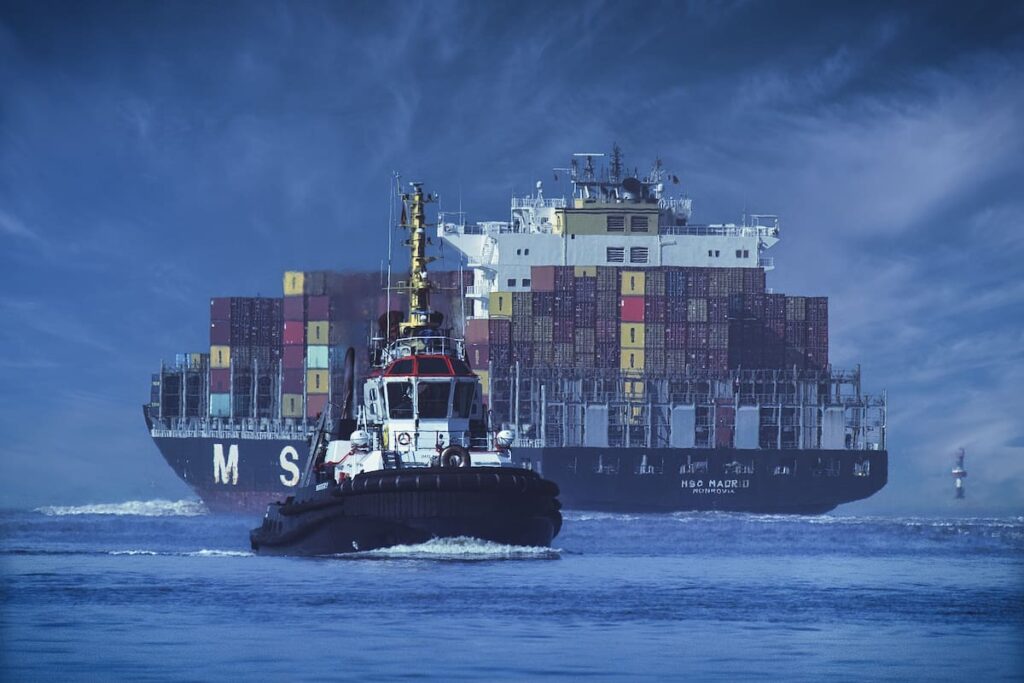
The logistics industry, crucial to global commerce, is undergoing a major transformation. As we progress through 2024, advancements in technology, changing consumer expectations, and economic shifts are driving logistics into a new era. Here’s a look at the major trends and innovations currently redefining the field.
Automation and AI: The New Standard In 2024, automation and artificial intelligence (AI) are no longer just trends but essential elements of the logistics industry. Companies are adopting advanced automated systems to optimize warehouse operations and delivery processes. Automated guided vehicles (AGVs) and robots have become standard in warehouses, increasing efficiency and reducing errors. AI-powered software is enhancing route optimization and delivery time accuracy, significantly improving supply chain performance.
Commitment to Sustainability Sustainability is now a fundamental aspect of modern logistics. Businesses are investing heavily in green logistics initiatives to reduce carbon emissions and address the demands of environmentally conscious consumers. Electric vehicles (EVs) are increasingly replacing conventional delivery trucks, and renewable energy sources are powering logistics centers. Efforts to minimize packaging waste and utilize recyclable materials are also on the rise.
E-Commerce Boom The ongoing growth of e-commerce is reshaping logistics. The lasting impact of the pandemic has solidified high levels of online shopping, prompting logistics companies to innovate continuously. The need for quicker deliveries has led to the rise of micro-fulfillment centers in urban areas. These automated facilities facilitate same-day or next-day delivery, efficiently meeting consumer expectations.
Blockchain Technology Blockchain is transforming logistics by enhancing transparency and security in supply chain management. This technology provides a single, immutable ledger accessible to all parties, reducing fraud and errors while building greater trust among stakeholders.
Data-Driven Insights Data analytics has become crucial in logistics. By harnessing big data, companies gain deep insights into their operations and customer behavior. Predictive analytics enable better demand forecasting, inventory optimization, and improved customer service. Real-time data tracking supports informed decision-making and agile supply chain management.
Urban Logistics and Last-Mile Solutions Addressing the last-mile delivery challenge in urban settings remains vital. With increasing urban populations and traffic congestion, logistics companies are exploring innovative last-mile solutions. Drones, electric scooters, and bike couriers are being tested for urban deliveries, while smart lockers and pickup points offer consumers flexible package retrieval options.
Strategic Collaborations To maintain competitiveness, logistics companies are forming strategic alliances and partnerships. By sharing resources, expertise, and technology, companies can cut costs and enhance their service offerings. Logistics marketplaces, where various providers list their services on a single platform, are gaining popularity, offering customers more choices and flexibility.
Looking Ahead The logistics industry is set for ongoing transformation. Adopting automation, embracing sustainability, leveraging e-commerce opportunities, integrating blockchain, utilizing data analytics, innovating urban logistics, and forming strategic partnerships will be crucial for companies seeking to excel in this evolving landscape. The future of logistics promises greater efficiency, transparency, and sustainability.
For more insights on effective logistics strategies, explore our comprehensive guide on creating a logistics marketing plan: [Free Logistics Marketing Plan].
By staying ahead of these trends, logistics companies can not only adapt but thrive in the rapidly changing market. The path to the future is marked by innovation and adaptability—key ingredients for success in 2024 and beyond.